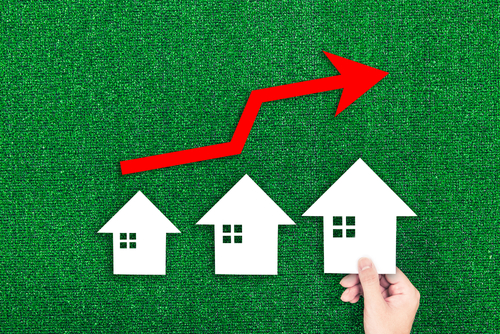Prices in the last three months of 2017 were 2.7% higher than in the same three months a year earlier although the annual change in December was lower than in November (3.9%) House prices in the final quarter (October-December) were 1.3% higher than in the previous quarter (July-September), down from 2.3% recorded in October and […]
- Prices in the last three months of 2017 were 2.7% higher than in the same three months a year earlier although the annual change in December was lower than in November (3.9%)
- House prices in the final quarter (October-December) were 1.3% higher than in the previous quarter (July-September), down from 2.3% recorded in October and November
- On a monthly basis, prices also fell by 0.6% from November following a 0.3% increase in both October and November; this is the first fall since June 2017
- The average price of £225,021 at the end of the year is 2.4% higher than in January 2017 (£219,741)
 Russell Galley, Managing Director, Halifax Community Bank, said:
Russell Galley, Managing Director, Halifax Community Bank, said:
“House prices in the three months to December were 1.3% higher than in the previous quarter; a gradual slowdown from 2.3% in both October and November. The annual rate of growth has also moderated to 2.7% from November’s 3.9%. Ending the year, house prices in December fell by 0.6%; the first monthly decline in six months.
“As we’d anticipated, the housing market in 2017 followed a similar pattern to the previous year. House price growth slowed, whilst building activity, completed sales and mortgage approvals for house purchase all remained flat. This has been driven by a squeeze on real wage growth and continuing uncertainty over the economy.
“However, nationally house prices in 2018 are likely to be supported by the ongoing shortage of properties for sale, low levels of housebuilding, high employment and a continuation of low interest rates making mortgage servicing affordable in relative terms. Overall we expect annual price growth to continue in the range of 0-3% at the end 2018.”













